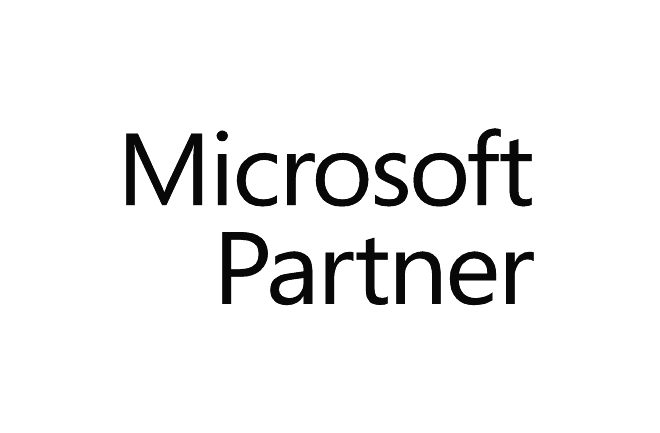Course outline
Duration: 3 Days © AFI par Edgenda inc.
The Solution Architect is responsible for the successful design, implementation, deployment and adoption of an overall solution. The Solution Architect ensures that the solution meets the customer’s needs now and in the future. In this course, students will learn about decisions a Solution Architect makes during an implementation, covering security, integrations, Power Apps architecture, Power Automate architecture, and more. This course is designed to give you an introduction to the Solution Architect role.
Audience
Senior Consultants (both functional and technical) that aspire to be Solution Architects, or current Solution Architects that are new to the role.
Teaching method
- Instructor-led training
Contents
Module 1: Becoming a Solution Architect/Getting to know your customer
Lessons
Define a Solution Architect
Role of a Solution Architect on projects
Project Methodology
Getting to know your customer
Group exercise - Getting to know your customer
Module 2: Conceptualizing the design from requirements
Lessons
How to lead the requirement collection effort
Using fit gap analysis
Pillars of good architecture
Blueprinting the solution architecture
Group exercise - Design from requirements
Module 3: Project governance and working as a team
Lessons
Solution Architect's role in project governance
Techniques for keeping a project on track
Scenarios that could cause a project to fail
Group exercise - Project governance and working as a team
Module 4: Power Platform Architecture
Lessons
Key Power Platform architecture components
Understand how platform design and limits influence solution architectures
Updates and feature releases
Understand how to communicate how the platform meets customer needs
Module 5: Data Modeling
Lessons
Data model influences
Data model strategy
Data types
Data relationships
Group exercise - Data modeling
Module 6: Analytics and artificial intelligence
Lessons
Planning and evaluating requirements
Operational reporting
Power BI
Enterprise BI
Pre-built insights and custom AI
Module 7: Power Apps Architecture
Lessons
Discuss options for apps and how to choose where to start
Discuss app composition options
Using components as part of your app architecture
Considerations for including Portals as an app in your architecture
Group exercise - Power Apps Architecture topics
Module 8: Application Lifecycle Management (ALM)
Lessons
Microsoft vision and Solution Architect's role in ALM
Environment strategies
Defining a solution structure for your deliverable
Lab : ALM Hands-on Lab
Module 9: Power Automate Architecture
Lessons
Discuss options for automation and custom logic
Review considerations for using triggers and common actions
Explore using Business Process Flows (BPF) to guide users through business processes
Group Exercise - Evaluate scenarios for Power Automate usage
Module 10: Security Modeling
Lessons
Solution Architect's role in security modeling
Discovery and learning your client's environment
Controlling access to environments and resources
Controlling access to CDS Data
Group Exercise - Security Modeling
Module 11: Integration
Lessons
Solution Architects role in Integrations
What is an integration and why do we need it
Platform features that enable integration
CDS Event Publishing
Scenarios for group discussion
Module 12: Dynamics 365 Applications Architecture
Lessons
Solution Architect's role when deploying Dynamics 365 apps
Architecture Considerations for primary apps
Group Exercise - App specific working groups evaluate requirements
Module 13: Power Virtual Agents architecture
Lessons
Introduction
Chatbot options
Chatbot concepts
Best practices
Integrate chatbots
Power Virtual Agents in Microsoft Teams
Module 14: Robotic Process Automation
Lessons
Introduction
Power Automate Desktop
Recording and editing tasks
Running desktop flows
Process advisor
Module 15: Testing and Go Live
Lessons
Solution Architect's role with testing and go live
Planning for testing
Planning for go live

